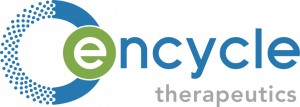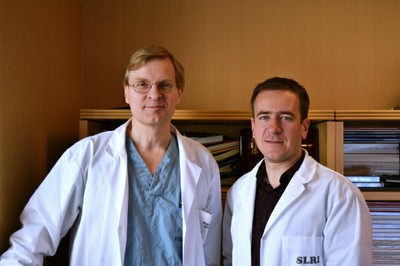BioCentury features Encycle Therapeutics

Encycle Therapeutics, a MaRS Innovation start-up company from the University of Toronto, was featured in a BioCentury emerging company profile by Michael J. Haas.
The company is currently raising a Series A financing round and employs eight people.
Haas’ profile, “Encycle: Oral Macrocycles,” is available behind a pay wall on the BioCentury website.
Here’s a short excerpt:
Macrocycle therapies can block protein-protein interactions that are undruggable with small molecules; however, oral availability and cell penetration remain key challenges. Encycle Therapeutics Inc.’s chemistry platform generates drug-like macrocycles against validated targets to treat diseases for which oral therapies are needed.
Marketed inhibitors of protein-protein interactions include biologics and other molecules large enough to target the wide, shallow surfaces involved in those interactions, but can only bind extracellular targets. Macrocycles can have sufficient size to block protein-protein interactions yet remain small enough to penetrate cells and block intracellular interactions that biologics and small molecules cannot.
Founded on chemistry from University of Toronto for cyclizing peptides and non-peptidic molecules, Encycle’s macrocycles incorporate three features that are not all found in other companies’ compounds — the absence of sulfur, the presence of intramolecular hydrogen bonding motifs, and an upper limit on size, according to President and CEO Jeffrey Coull.



